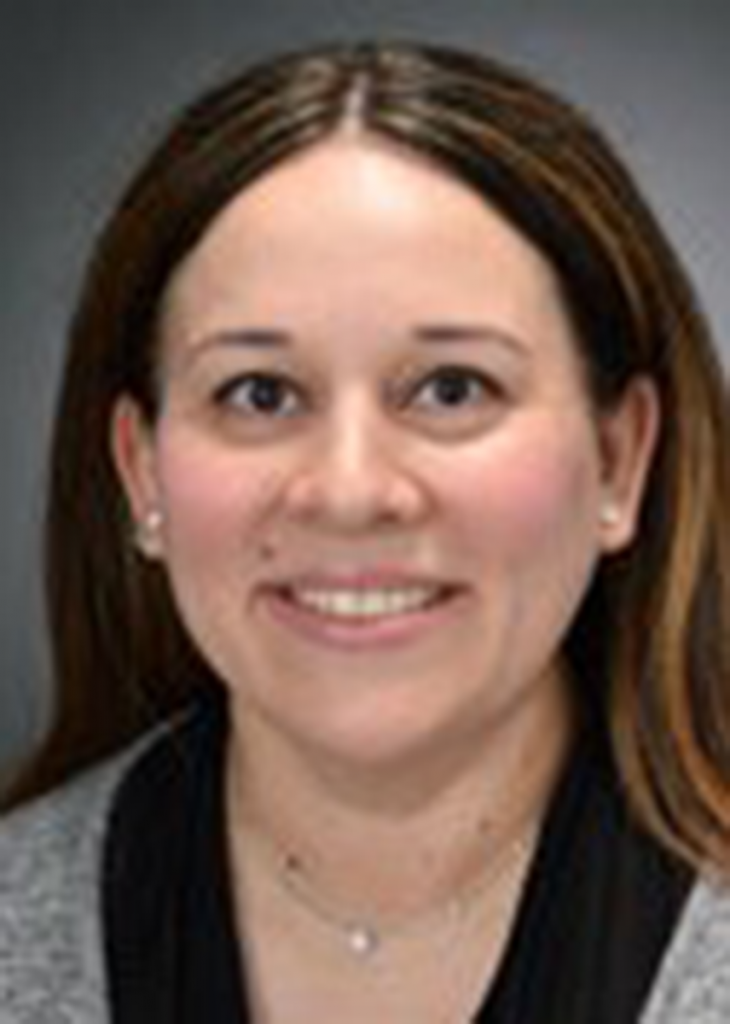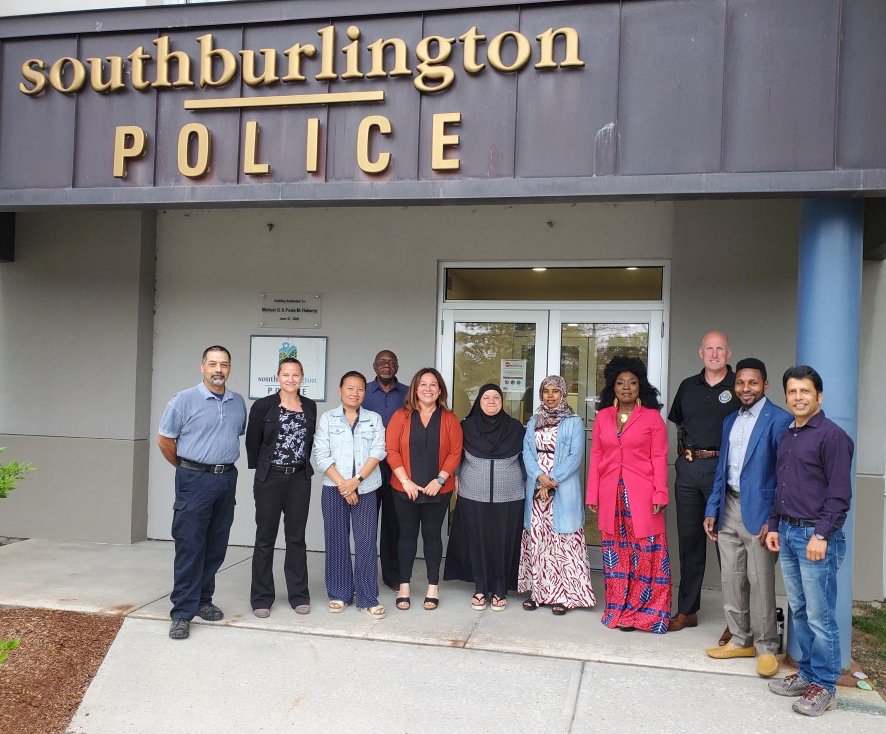
Mercedes Avila, PhD (she/her)
Dr. Maria Mercedes Avila holds an appointment as an Associate Professor in the Department of Pediatrics in the Larner College of Medicine at the University of Vermont. She is the Director of the Vermont Leadership Education in Neurodevelopmental Disabilities (VT LEND) Program, an interprofessional maternal and child health leadership training program.

She is a member of the Vermont Governor’s Racial Equity Task Force, the Vermont Governor’s Children and Family Council for Prevention Programs, and the Vermont Green Mountain Care Board nominating committee. Dr. Avila has been involved in more than twenty HRSA, PCORI, SAMHSA, ACL, and OMH grants.
Since 2011, she has been invited to lead 58 national presentations and keynotes and more than 150 regional sessions on topics related to National CLAS Standards, health disparities research, social justice in health care, culturally responsive care and practice, social determinants of health, and structural competence and cultural humility.
2021 Presentation
The Importance of Cultural Brokering Work to Address Behavioral Health Disparities
This presentation will describe the work of a Cultural Brokering program developed and implemented in Vermont to address behavioral health disparities in former refugee and immigrant communities.
Presentation Summary:
The goal of the Vermont Cultural Brokering program is to raise awareness about the mental health and substance use treatment, connect community members to needed services, and implement universal screening models that can reduce stigma associated with mental health and substance abuse treatment. Seven Cultural Brokers, from the Somali/Somali Bantu, Congolese, Nepali/Bhutanese, and Arabic speaking communities connect with community members to needed services, and in some cases; has led to reducing suicidal ideation and risk. Results from 5000 screenings and stories will be presented; as well as lessons learned related to culturally responsive approaches and practices that should be considered when working with these populations.
